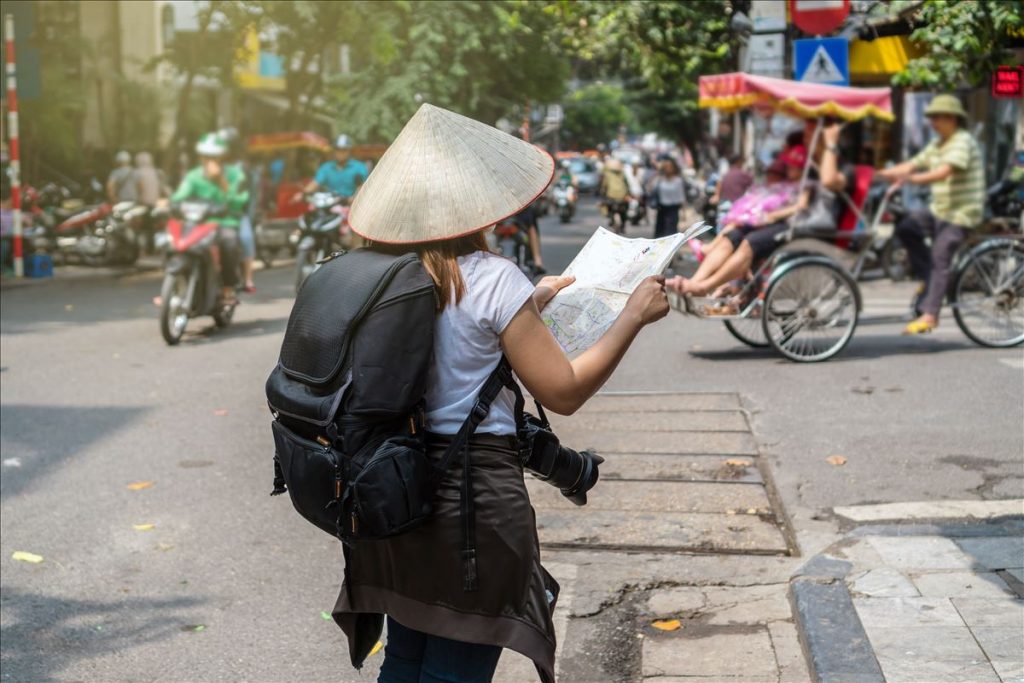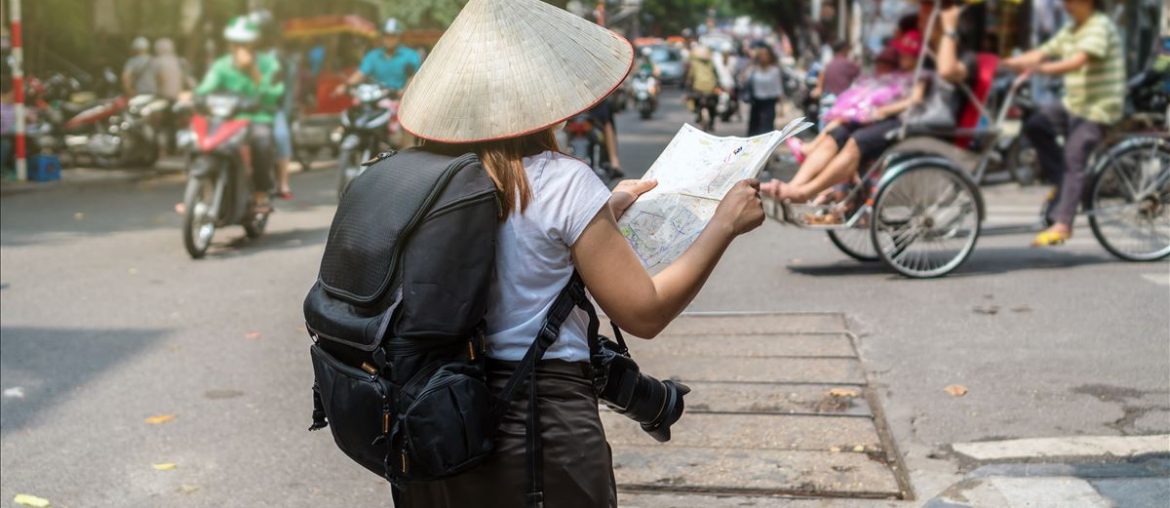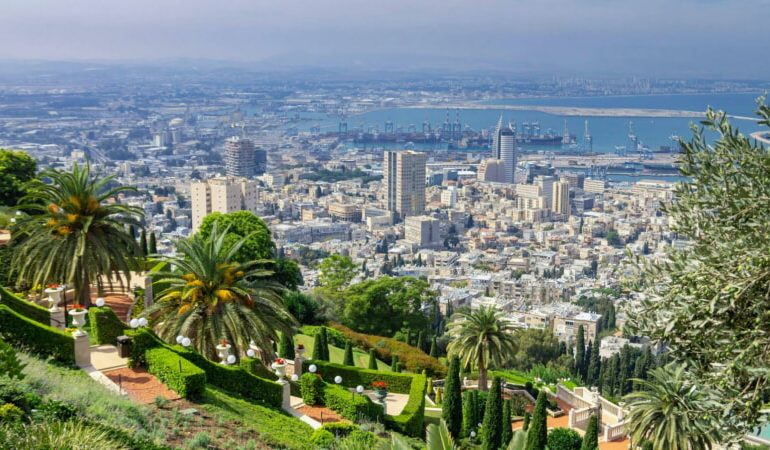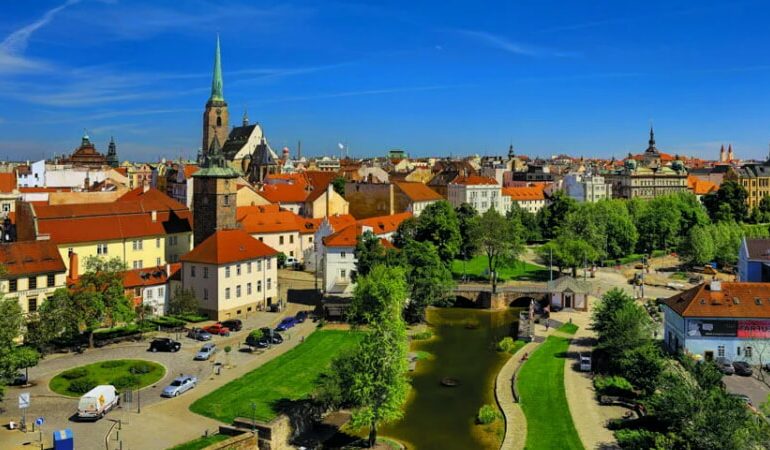Introduction to Sustainable Travel and Vietnam’s Unique Position
Vietnam, a country with an astonishing mix of natural wonders, vibrant culture, and dynamic cities, has become an increasingly popular destination for travelers from around the globe. As the number of visitors continues to rise, the concept of sustainable travel has never been more important. Sustainable travel is about finding ways to explore and enjoy a destination while minimizing our environmental footprint and contributing positively to the local economy and society.

Vietnam’s unique position, with its diverse ecosystems ranging from lush mountains and rice terraces in the north to the fertile delta and tropical beaches in the south, presents both opportunities and challenges for sustainable travel. The country’s rich cultural heritage, which is steeped in centuries-old traditions, adds another layer to the responsible travel ethos. By embracing sustainable practices, travelers can ensure that Vietnam’s natural and cultural treasures are preserved for future generations.
Understanding the Environmental Impact of Tourism in Vietnam
The surge in tourism has brought economic benefits to Vietnam but also environmental challenges. The pristine landscapes, once untouched, are now facing threats from over-tourism, pollution, and habitat destruction. Key issues include:
- Waste management problems, particularly plastic pollution in waterways and oceans.
- Carbon emissions from increased transportation.
- Damage to coral reefs and marine life due to irresponsible snorkeling and diving practices.
- Deforestation and loss of biodiversity to accommodate tourism infrastructure.
Understanding these impacts is the first step towards mitigating them. Travelers can contribute to conservation efforts by making informed choices about where they go, how they get there, and what activities they engage in.

Eco-Friendly Transportation Options for Travelers in Vietnam
Reducing one’s carbon footprint while traveling in Vietnam can be achieved through a variety of eco-friendly transportation options. Here are some sustainable ways to traverse the country:
- Bicycles and E-bikes: Many cities and towns offer bike rentals, allowing visitors to explore at a leisurely pace while reducing emissions.
- Public Transport: Utilizing buses and trains not only cuts down on carbon emissions but also offers an authentic glimpse into local life.
- Car-sharing: Opting for car-sharing services can be a more sustainable alternative to private car rentals.
- Walking: Whenever possible, walking is the most sustainable way to explore, particularly in Vietnam’s walkable cities and towns.
By choosing these transportation methods, travelers can significantly lower their environmental impact and enjoy a more immersive experience in Vietnam.
Sustainable Accommodation Choices in Vietnam
Selecting the right place to stay is a crucial aspect of sustainable travel. Vietnam offers a range of eco-friendly accommodations that prioritize sustainability through:
- Energy-efficient operations and use of renewable energy sources.
- Water conservation measures and waste reduction programs.
- Support for local conservation projects and community initiatives.
- Use of locally sourced materials and employment of local staff.
Travelers can seek out eco-lodges, homestays, and hotels that have been certified for their green practices. By choosing these accommodations, visitors not only reduce their environmental impact but also contribute to the local economy and cultural preservation.
For those looking to explore the northern regions of Vietnam, tours in Vietnam offered by local companies can provide an authentic and eco-conscious way to experience the country’s stunning landscapes and diverse cultures. These tours often include stays in sustainable accommodations, ensuring that your travels leave a positive impact on the environment and local communities.

Supporting Local Economies and Communities Responsibly
When traveling through Vietnam, supporting the local economy is a vital component of sustainable tourism. This can be achieved by engaging in practices that benefit local communities directly. Here are some ways to support responsibly:
- Shop Local: Purchase goods and services from local markets, artisans, and small businesses. This helps to keep money within the community and supports traditional crafts and trades.
- Eat Local: Choose to dine at locally-owned restaurants and street food vendors. This not only gives you a taste of authentic Vietnamese cuisine but also supports local farmers and food producers.
- Participate in Community Tourism: Engage in tourism activities that are managed and operated by local residents, ensuring that the benefits of your visit are shared with the community.
- Volunteer Wisely: If volunteering, do so with organizations that have a proven track record of ethical practices and tangible benefits for the locals.
By making these conscious choices, travelers can help to create a positive economic impact and foster a sense of empowerment among local communities, all while experiencing the true essence of Vietnamese culture.
Responsible Wildlife and Natural Attractions Tourism
Vietnam’s rich biodiversity and natural landscapes are among its most compelling attractions. To ensure that wildlife and natural habitats remain unharmed, it is essential to practice responsible tourism. Here are some guidelines to follow:
- Observe Wildlife Responsibly: Always maintain a safe and respectful distance from wildlife. Avoid activities that cause stress or disturbance to animals.
- Choose Ethical Tours: Support tours that promote conservation and educate visitors about local ecosystems without exploiting wildlife or natural resources.
- Leave No Trace: When visiting natural areas, be mindful of your impact. Take all trash with you, stay on marked trails, and do not remove any natural objects or artifacts.
- Contribute to Conservation: Participate in or donate to conservation efforts that protect Vietnam’s natural heritage, such as reforestation projects or wildlife rescue centers.
By adhering to these practices, travelers can enjoy Vietnam’s natural wonders while ensuring they remain pristine for future generations to appreciate.
Cultural Sensitivity and Respect in Vietnamese Travel
Traveling through Vietnam offers a chance to immerse oneself in a culture that may be vastly different from one’s own. Cultural sensitivity and respect are paramount to a sustainable travel experience. Here are some tips to consider:
- Learn About Local Customs: Before your trip, take time to learn about Vietnamese customs, traditions, and etiquette. This knowledge can help prevent unintentional disrespect.
- Dress Appropriately: Be mindful of your attire, especially when visiting temples and rural communities. Dress modestly to show respect for local norms.
- Ask Before Photographing: Always ask for permission before taking photos of people, their homes, or religious sites. It’s a simple act of courtesy that goes a long way.
- Support Cultural Heritage: Attend cultural shows, visit museums, and purchase handicrafts that help preserve and promote Vietnamese heritage.
By being culturally aware and respectful, travelers can foster meaningful exchanges and mutual understanding, which are the heart of sustainable travel.
Your Role in Promoting Sustainable Travel in Vietnam
As a traveler, you have the power to make a significant impact on the places you visit. In Vietnam, where the balance between development and preservation is delicate, your choices can contribute to the sustainability of the country’s natural and cultural resources. By being environmentally conscious, supporting local economies, engaging with wildlife ethically, and respecting cultural practices, you become an ambassador for sustainable travel.
Every action, from the mode of transportation you choose to the souvenirs you buy, shapes the future of tourism in Vietnam. It’s a collective effort that requires mindfulness and responsibility from each visitor. By adopting sustainable travel practices, you ensure that the beauty and integrity of Vietnam are maintained, allowing others to enjoy this incredible destination for years to come.
Remember, sustainable travel is not just about reducing your footprint; it’s about leaving a positive imprint on the places and communities you visit. As you explore the wonders of Vietnam, carry this ethos with you, and embrace the role you play in promoting a more sustainable and equitable form of tourism.






